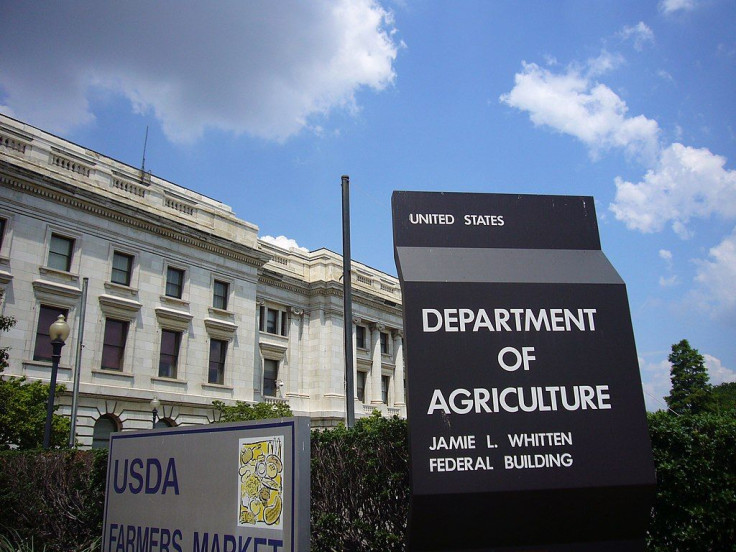5,795 Pounds Of 'Gluten-Free' Beef Sticks Sold Nationwide Recalled
KEY POINTS
- The recall affected 'High Protein Snack Teriyaki Beef Wicked Cutz Beef Stick'
- These products were distributed to retail locations nationwide and were also available online
- The distribution company discovered the discrepancy between the label and the ingredients list
A company is recalling 5,795 pounds of ready-to-eat beef sticks labeled as gluten-free because of misbranding. The affected products were sold nationwide and online.
The recall affects Frickenschmidt Foods' High Protein Snack Teriyaki Beef Wicked Cutz Beef Stick, the U.S. Department of Agriculture's Food Safety and Inspection Service (FSIS) noted in the recall announcement. The problem is that the items had "gluten-free" on their label even though they listed and actually contained wheat as one of the ingredients.
Gluten is a protein that's found in wheat as well as other grains. A gluten-free diet is needed for people with certain conditions such as gluten sensitivity and celiac disease, while some people may also be allergic to wheat, according to Johns Hopkins University.
The distribution company was the one that discovered the discrepancy between the label and the ingredients list, FSIS noted. So far, there have been no reports of adverse reactions related to the consumption of the recalled beef sticks.
Affected products
The recalled products were distributed to retail locations nationwide and were also available online. They were individually packed and bear the establishment number M33928. Lot codes 113022, 120122 or 012823 may be found at the back of the package.
"FSIS is concerned that some product may be in consumers' pantries," the agency noted in the announcement.
As such, it is urging customers who may have bought the recalled products not to eat them and instead dispose of them or return them where they were bought. Photos of the recalled beef sticks' labels are available here.
Those with questions about the recall may contact the company at 417-232-4401 or steven@frickenschmidtfoods.com.
Gluten-free diet
The increased awareness of gluten-related disorders has led to the increase in the popularity of the gluten-free diet, according to Healthline. In turn, this also increased the availability of gluten-free products in the market. By 2019, the gluten-free food industry had been worth $4.3 billion.
Although gluten doesn't really pose a health risk to "a majority of the U.S. population," those with gluten-related conditions have to be quite careful and eliminate gluten from their diet to avoid experiencing adverse effects.
For instance, someone with celiac disease may experience nausea, diarrhea and belly pain, while someone who has gluten sensitivity may also experience fatigue, gas or constipation. As such, it is important for these people to read labels carefully to make sure that their food does not contain gluten.

© Copyright IBTimes 2025. All rights reserved.






















